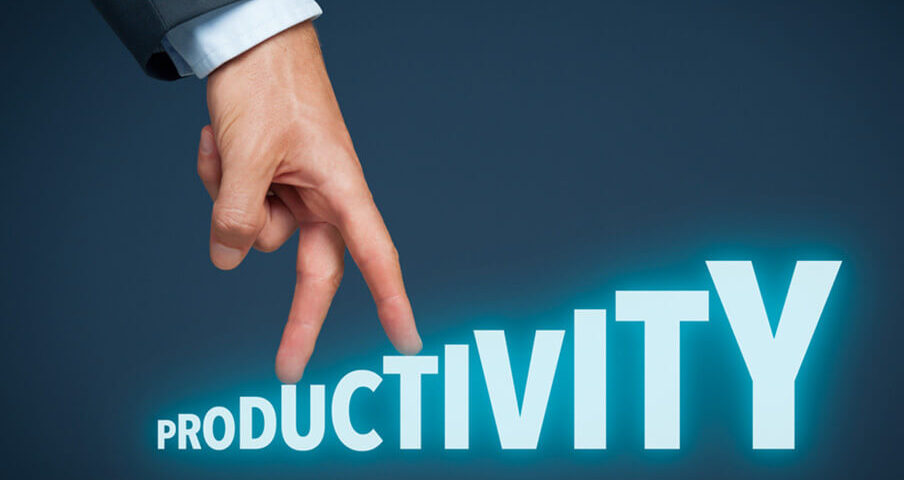
4 Keys to Practicing Mindfulness in Everyday Life
August 6, 2021
5 Reasons to Make Personal Development A Top Priority
August 25, 2021Do you always get late and just do not how you got late despite getting up on time. Do you have trouble finding important papers or things when you need them?
A cluttered desk, office, or home can negatively affect our mood and ability to work productively.
In fact, research has shown that the disorder can also elicit a physiological response, including an increase in cortisol levels, the stress hormone.
But this disorganization is not generated only by physical and mental clutter but also digital: old documents, files or emails.
So what is clutter?
Clutter means different things to different people, and there are many ways to approach it.
Let’s start with its opposite: order.
According to the Oxford Dictionary, order means “The arrangement or disposition of people or things in relation to each other according to a particular sequence, pattern, or method.”
This is how our clutter can be:
- Physical, like things in the drawer attached to a magnet
- Digital, like billions of raw photos scattered in various memory folders in our devices
- Emotional, like beliefs or thought patterns that hold us back from taking action in our life as well as bad habits
So before we start organizing, we need to make sure we define what clutter means to us.
The clutter is:
- Anything that has no place to be
- Everything that no longer serves us: possessions, associations, habits, resentments and beliefs that limit us
- Incomplete, damaged, and unfixable things
- The 50 thousand “newsletters” to which we have subscribed and which we are no longer interested in receiving
- Pages of friends’ that we no longer follow on Facebook or Instagram
- Unorganized digital photos
In general, everything that does not cause us joy or satisfaction and we do not have a space to put it.
Why does removing clutter help us?
1. Less stress
Clutter can annoy us, distract us, or take away much-needed energy.
All those little annoyances that, believe it or not, can grow and well, make us explode: the drawer that gets stuck because it is full of non-matching socks; the kitchen cupboard full of plastic containers that spill on the kitchen floor every time we dare to look at it; unused programs that make our computer work super slooooww…
However, tackling all these little problems makes our daily life considerably easier and less stress is good for our brain.
2. Fewer distractions
Clutter distracts us.
The more things we have on our desks, screens, and cell phones, the more things will compete for our attention.
As we already know, our brains are not very good at multitasking, and multitasking is less productive than doing just one thing at a time.
Clutter diverts our attention from what we are doing.
Maintaining an organized space allows us to be better focused on each task we perform.
3. More time
How many times have we wasted time trying to find the things we need?
Keeping a tidy space gives us more time to focus on what is important, and it allows us to spend more time doing the things we want to do.
In addition, it is not only necessary to talk about the spaces, but it is also necessary to talk about the commitments.
Many times, our life is filled with many things we need to do at home, at work, at school, with friends and family, with hobbies, etc.
By learning to say no, turning down offers, and cutting out the things and compromising things that don’t bring us joy or value, we’ll have more time for the things we love.
4. Better decisions
Eliminating clutter allows us to decide what is important and what is not.
An organized environment allows us to be decisive where we need to focus our time and energy, simply eliminating what is not worth it.
We begin to make decisions that are more conscious by answering questions like: Does it make me happy? Do I need it or want it? How do I feel? Is this time of quality, or can I invest it in something else?
If something takes up unwanted space in our mind, home, or office, then maybe it’s time to say goodbye.
Tips for removing clutter
1. We don’t have to do everything at once
It’s best to start small and easy, perhaps throwing away shampoo bottles that have been in the bathroom for years or old receipts piling up in a drawer.
We can also start with what REALLY bothers us and then feel the benefit immediately.
Determine a time and a limit to commit and thus stay motivated or decide to give away, sell or throw away one thing a day, according to the 365-day project.
Whatever your method, remember what your motivation is for eliminating clutter.
2. Remember your motivation
If you decide to start a project to eliminate your clutter, be sure to make that decision because you need it and not because it is fashionable.
Eliminating clutter is something you want to do, not something you should do. If you feel happy and your created clutter has no impact on your life, go ahead. That is great!
3. We don’t just have to eliminate things
Eliminating clutter does not always have to do with our possessions. We must also think about eliminating the clutter of time commitments that are not aligned with our values, negative thoughts that only weigh on our mind, and the wasted time we use on social networks and our friends.
Conclusion
Excessive clutter is often a symptom and cause of stress and can affect all areas of our life: from the time it takes us to get things done to our finances and our mental health.
Clutter distracts us, overwhelms us, and generally wreak havoc in our lives.
Starting to organize can sound daunting and feel overwhelming. Start slowly, with a plan, and involve your family and friends.
Remember, we not only need to eliminate things, but we also need to manage our time and remove negative thoughts, bad habits and even words.
What do you say! Do you dare to start organizing something in your life? Tell us in the comments.


